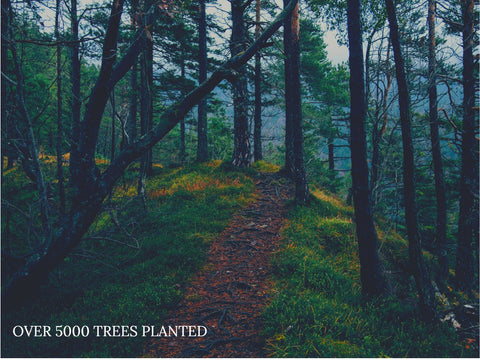My shopping cart
Your cart is currently empty.
Continue Shopping
A new analysis of global forest loss—the first to examine not only where forests are disappearing, but also why—reveals just how much industrialization has contributed to the loss.

Loss of forests contributes between 12 percent and 17 percent of annual global greenhouse gas emissions. It costs as little as $0.11 to provide support and care for a tree to be planted.
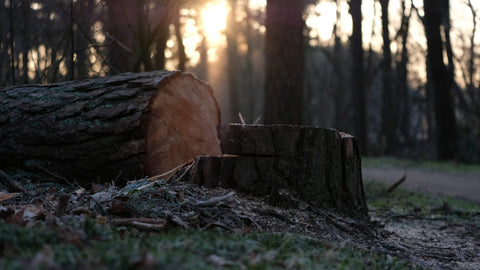
By supporting us you are recognizing and contributing your support for a better life for everyone in the specialty coffee supply chain - most importantly the farmers and communities that take pride in, and invest so heavily, in producing the highest quality beans for you; the coffee roasters that bring in a delicate balance of art and science to their roasts to bring in the desired flavor and everyone contributing together so as to bring in their best to you.
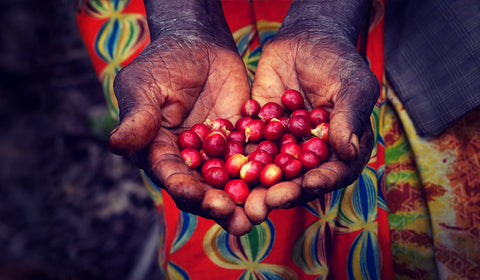
Sustainable coffee refers to the practice of producing coffee in a way that is environmentally, socially, and economically sustainable. This means that the coffee is grown, harvested, processed, and sold in a way that protects natural resources, supports the well-being of farmers and their communities, and ensures long-term economic viability for all involved in the supply chain.
Sustainable coffee farming practices can include using organic or regenerative farming methods, reducing water usage, minimizing pesticide and herbicide use, protecting wildlife and biodiversity, and investing in renewable energy sources. Sustainable coffee also involves fair trade practices that support the economic and social well-being of coffee farmers and their communities.
Consumers can support sustainable coffee by purchasing coffee that has been certified by organizations such as Rainforest Alliance, Fairtrade, or UTZ, which ensure that the coffee meets specific sustainability standards. Additionally, consumers can look for coffee that is shade-grown or supports reforestation efforts, which can have a positive impact on the environment and local communities.
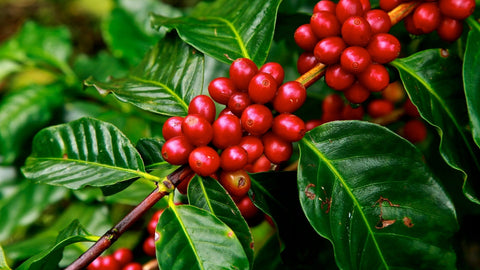
Achieving sustainability requires a comprehensive approach that considers the social, economic, and environmental aspects of coffee production. There are some ways we can work towards sustainability in coffee:
Supporting Sustainable Farming Practices: This involves implementing sustainable farming practices such as organic farming, regenerative agriculture, and agroforestry. This helps to reduce the use of harmful chemicals and promotes biodiversity and soil health.
Promoting Social and Economic Sustainability: This involves investing in the well-being of coffee farmers and their communities through fair trade practices, education, and access to resources such as credit and technical assistance.
Reducing Waste and Emissions: This involves reducing waste and greenhouse gas emissions throughout the coffee supply chain. This can be achieved through practices such as reducing packaging waste, optimizing transportation, and investing in renewable energy.
Encouraging Consumer Awareness: Consumers can play a vital role in promoting sustainability by making informed choices when purchasing coffee. Choosing coffee that has been certified by organizations such as Rainforest Alliance, Fairtrade, or UTZ can help ensure that coffee is produced sustainably.
Collaborating with Industry Stakeholders: Collaboration between coffee industry stakeholders such as farmers, processors, roasters, and retailers is essential to achieving sustainability in the coffee sector. This includes sharing knowledge and best practices, investing in research and development, and working towards common sustainability goals.
By taking a comprehensive and collaborative approach, we can work towards a more sustainable coffee industry that benefits everyone involved in the supply chain and helps protect the planet for future generations.
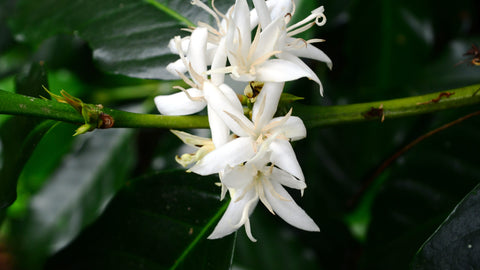
At Java Sunrise Coffee, our approach to sourcing high-quality sustainable coffee is to address quality, sustainability and productivity as well as tackle some of the wider systemic challenges facing the coffee sector.
We pay premium prices for sourcing our coffee to achieve this. We use biodegradable eco-friendly packaging as well to provide you with the very best.
We wish to serve people and positively contribute to our local community, our partner coffee-growing communities particularly the farmers and help charity on climate change.
We’re super excited to announce that we have signed up for our planet. Meaning, whether we make profit or not we will donate $1.0 of every sale made to environmental causes.
Now, that is coffee with a Heart!

With every product you purchase, we contribute $1.0 to not for profit One Earth Philanthropy charity to help plant trees and help with climate change making a difference to the world!
So not only you help plant a coffee tree for your consumption, but also help plant more trees with your purchase.
It's only Together that we can solve the Climate Crisis.
